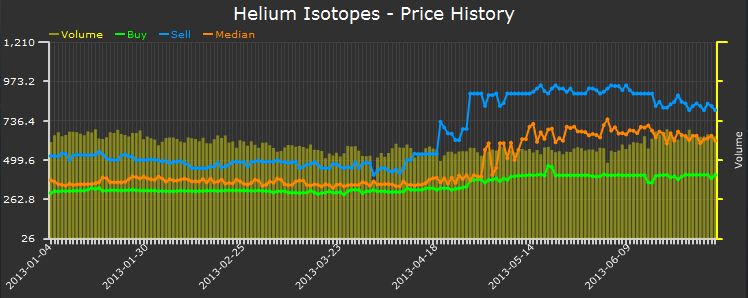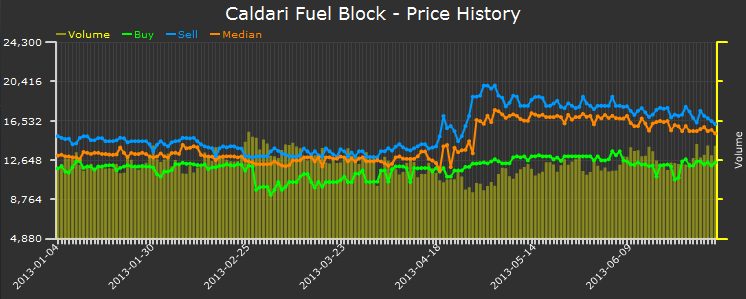Just so it is clear, I live in wspace, not highsec. I have one character in my corp who could be affected by wardec: my Jita alt and freighter pilot. If I got decced, I could simply not use him for a week, or I might drop corp with practically no loss of functionality. So the wardec system has essentially no effect on me in my current game. I feel I can be impartial. I would love it if wardecs became a fun and interesting play mode. (I feel the same way about null, actually. Die blue donut.)
Wardec as Corruption and Crime
It seems the most common current explanation for wardecs is that they are a bribe to Concord to "look the other way" for a week. Then you get to be a criminal without repercussion and kneecap weak players. In this view Concord is inherently and totally corrupt.
This explanation works in the sense that it accounts for many of the features of wardec: you pay a fee (real wars don't have fees), it's good for a limited time, and it feels criminal because it is typically deployed to beat up weak corps. On the losing end, wardecs suck, and that is how being a victim of corruption feels.
It makes very little sense in terms of the in-game reality (the "lore"). Has there ever been a government that has allowed open warfare in its domain? (No.) Have there been cops that one could bribe to allow mayhem in public? (No.) Will any public sit still while, lore-wise, thousands of people are being killed due to corruption?
Also, being the subject of a corrupt government is inherently unfair and generally unfun. Fun game play is at some level fair, and current wardecs are deeply unfair in practice. This is why people dock up or don't play for a week. Thus, wardec as corruption does not seem to suggest any reform that would make a fun game play for most players. A game mechanic is probably not going to be fun when it is based on corruption.
Wardec as Sport
Another view of wardecs is that they are a Concord-sanctioned form of sport for capsuleers. Capsuleers pay a fee and then get to play war for a week.
This explanation has the virtue of aligning with the IRL reason for the feature. That is, it really is sport for us players, designed by CCP, supposed to be fun. In practice, it is not fun for the vast majority of the players. This makes it a bad design, but the intent is obvious.
Lorewise, the criticisms of wardecs -- that they are unfun for either side most of the time -- apply even more here than for bribes. Why does Concord push this awful "sport"? Can't they think of anything that is more fun than being docked for a week? And why do they call it a "war" if it is a game?
On the other hand, the sport metaphor does offer a way forward. Sports by their nature are not fun unless they are fair. My little league baseball team does not play the Orioles, and that is good because such a contest would be totally imbalanced to the point of absurdity. Sports are highly segmented by ability, typically via both age and sex, in the attempt to level the playing field. Also, sports are voluntary; they are opt-in affairs on both sides.
The suggestion of the sports metaphor is thus to make "leagues" of some kind, or more generally to require only "fair" wars, and/or to allow only consensual wars. I disapprove of this -- EVE should be about real conflict, not staged -- but it is a redesign idea that makes sense in its way. (Indeed, the game Clash of Clans, which several in my corp are playing, seems to have taken this metaphor for its warfare.)
One suggestion in this line that I do strongly support is Gevlon's idea to have "safe" corps. These would be player-run corps that have the safety of an NPC corp. They are taxed a little less than NPC corps, can't anchor POSes, and are immune to wardec. It seems like this should be a relatively easy change to program. It would, at a stroke, remove a lot of the whining about the current wardec system, because many (perhaps most) highsec corps are basically social clubs. So there's big bang for the CCP programmer-buck.
Here's a further idea along the line of wardecs as sport. I might suggest that all corps be assigned a power rating, as in chess. (Here's wiki on the Elo rating system.) Any war declared against a corp of sufficiently lower power rating could be declined by the would-be victim without penalty. (Wars between relatively closely rated corps could not be declined.) Either side could "resign" and halt the war (at the expense of losing) at any time. The resolution of a war would have to be automatically generated, and a winner/loser/draw assignment made, and the power rating adjusted accordingly. New corps should not be allowed to wardec until their average member time in corp was, say, two months.
Wardec as War
One other view of wardec is that they are (or should be), as the label says, wars. That is, they are the ultima ratio regum, the "continuation of policy with other means". This idea of wardec seems to be what most people want them to be, me included. So it has that going for it.
On the other hand, wardecs as they currently exist are very little like war. Corps are not sovereign in highsec; Concord is, and there is very little reason to suggest they have any interest in allowing wars to be fought there. Also, Concord's in-game power (to stop gankers) is so far beyond that of capsuleers as to make any pretensions to kingship by the latter a joke.
Furthermore, wardec "wars" don't have many features of normal wars. Normal wars do not require paying off a higher authority. There is no higher authority. Wars are never known to be finite in length. They don't always involve a warning period. And while they can end by negotiation, they often end by the unconditional surrender of a side when it is utterly destroyed. And they are always about something: there is some question at issue or possession being contended for.
Wardecs as war is the explanation that least fits the reality of the existing game. Nevertheless, this would be the explanation that I most favor CCP developing on.
Wardecs should be war, which is to say they should settle something. There should be something at stake in every wardec, for both aggressor and aggressee. And a war should, if won, have some meaningful outcome. Wars should be unbounded in length, because we want the test of strength to actually happen and some resolution to occur. And a successful war should make some change in the state of the game.

















